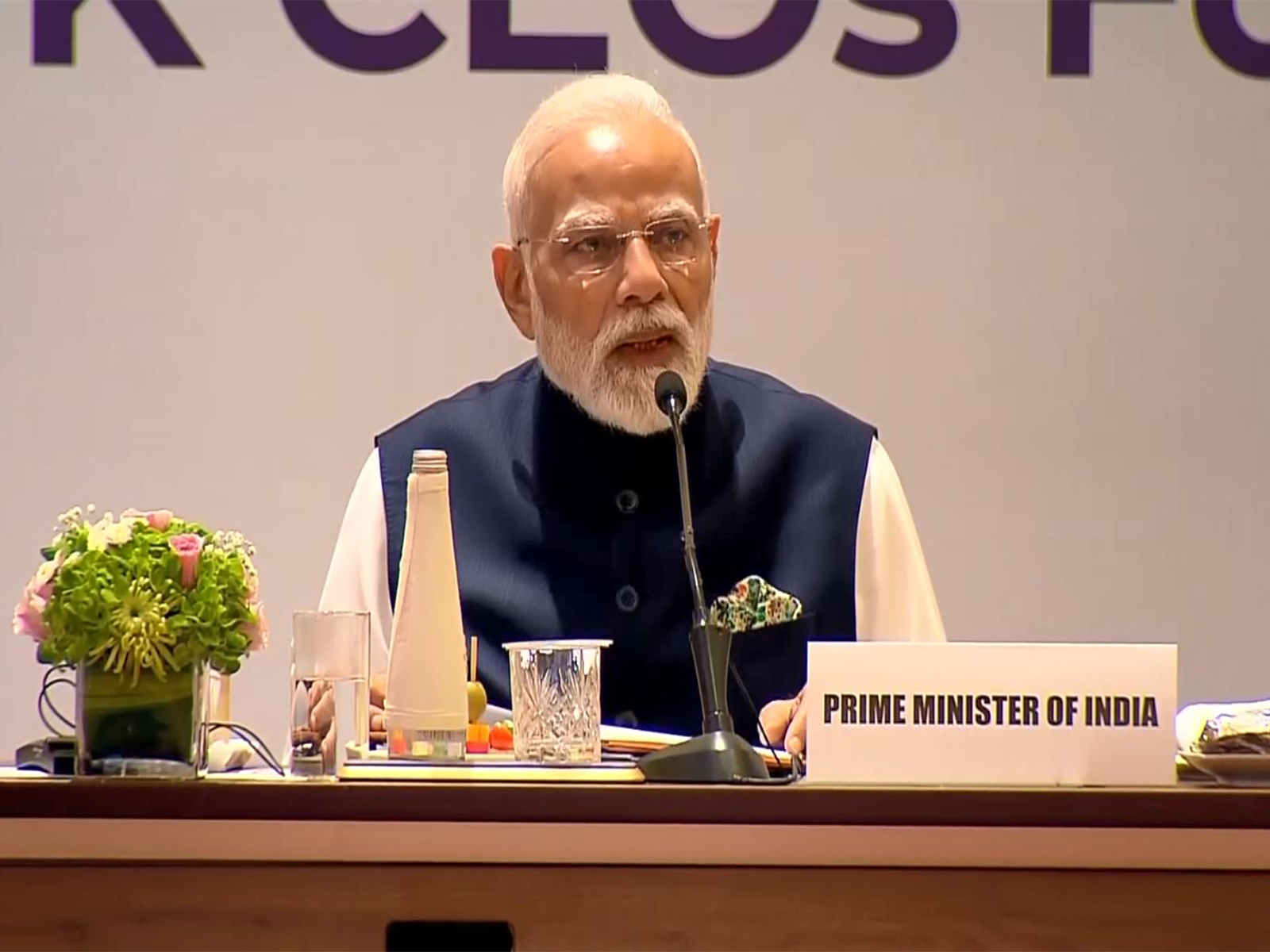India Opens Nuclear Sector to Private Firms, Boosts India-UK Cooperation
India's Prime Minister Narendra Modi announces private sector entry into nuclear power, strengthening India-UK ties. Infrastructure and tax reforms include a target of 500 gigawatts of renewable energy by 2030, while GST rate cuts on electronics and solar devices aim to stimulate economic growth and boost sustainability.

- Country:
- India
In a significant policy shift, Prime Minister Narendra Modi revealed on Thursday that India is welcoming private participation in its nuclear power sector. The announcement was part of his speech at the India-UK CEO Forum in Mumbai, where he highlighted this move as a collaborative opportunity for India and the United Kingdom.
The Prime Minister outlined the government's commitment to infrastructure development, stating, "Infrastructure development is a priority for us... We are rapidly progressing towards the target of 500 gigawatts of renewable energy by 2030." Modi stressed that these initiatives aim to set global standards with UK cooperation.
Focusing on economic reforms, Modi pointed to recent tax changes aimed at energizing growth. Changes include GST reforms simplifying the tax system and reducing rates on key electronics and renewable devices. The tax on electronics like air conditioners and televisions is revised to 18%, while the rate on solar products is reduced to 5%, encouraging technological innovation and green energy expansion.
(With inputs from agencies.)
ALSO READ
GST Reforms Boost Puducherry's Economic Upsurge
India-UK trade deal launchpad to boost British leadership in tech to life sciences to renewable energy and more: UK PM Keir Starmer.
Samsung India's Festive Surge: Navigating Through GST Reforms
Samsung India's Festive Surge: GST Reforms Fuel Appliance Sales Boom
GST Reforms: A Step Towards Boosting Consumer Demand










